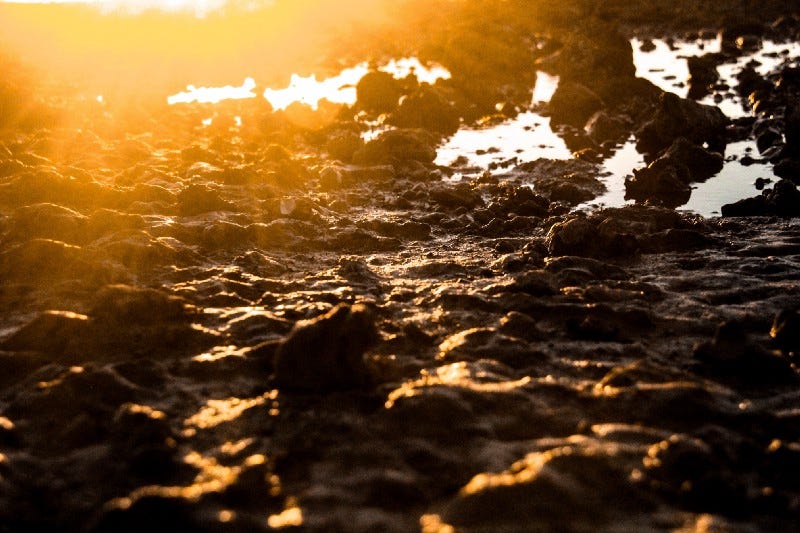European self-colonization
To work towards decolonization, we first need to acknowledge and disentangle the many ways we are all colonized.

European self-colonization has been a domestication narrative, and it’s been a long time since it began. This severance, destruction, absolutism, and violence have been brewing for millennia. But indeed, what we crave the most is the long and deep embrace that nurtures our souls again, signaling that we are brave enough not to know — being held free, living integrally nourished.
So, before thinking about “colonial freedom,” we have to feel stuck first. We should notice that colonization is not something done to others long ago, but a mindset we recreate every single day, just by waking up in the morning in a modern western society context.
It has to do with core values and beliefs about reality and life itself in a more profound sense. By not acknowledging these tensions or cultural limitations, we do not welcome the invitation to shake these established narratives.
Decolonization is indeed an ongoing and intentional personal and collective lifetime endeavor. Colonization has made us miserable, without tools to deal with this severance wound because one of its forms is to shut down the wise and mature responses to a deep fear of death or pain.
In being colonized, we choose this identity of numbness, a sort of anesthesia that overpowers us to avoid the tragic trail before our eyes. We want to avoid acknowledging or seeing it. But we sense it all along, in our flesh and bones, tingling in the despair of uncertainty.
One of the forms I discern colonialism within myself is the oblivion of stories, moreover the pressure to follow blindly of one pure narrative, usually the western scientific modern tale.
This “pure narrative,” the ONE and only truth, has to do with insidious absolutism, a monolithic and impoverished viewpoint that annulled diversity and contextual richness — superficializing our modern gaze.
Colonialism is the genocide of stories disguised as a unification of and for truth but violently muting everything that stands in its relentless path of technological progress and moral transcendence.
Therefore, we live on top of the remains of lost and dead stories, the ancient ones, fumbled perspectives, and neglected wisdom. The myths that tether us to the immanent and emergent pattern of ever-enveloping creation. The narratives that keep us humble in a more than human world. Stories that speak not only of production or neat solutions but the ones that give us meaning to place, death, or decomposition. The tales that declare pain and death as part of creation, regeneration, and life itself.
But only modernity could consider this story-cemetery a dead place, for it forgot how to listen to cyclical wisdom. Each story is a seed in a fertile ground of possibilities, where ancient voices still reverberate, coalescing with our bones in generative imagination.
We are imprisoned when dwelling in facts, secluded in collective trauma, proudly independent, neglecting the sorrow and grief of living in a dying world. Divided from the creative core of ourselves, our cosmic-chthonic-self is damaged and neglected. But we keep pushing to fit in an unsustainable system, mutilating the whispers of the soul, advancing with all our life’s energy to quantify and materialize happiness. We may even get angry when other narratives whisper back in a dialogue, for it stings. That is preposterous! We say. That is not real! We think. Reclaiming our own imprisonment again and again.
As it hurts to recall the invisible stories, for they were silenced in utter violence and shame — lost stories about the land, other cultures, or women.




